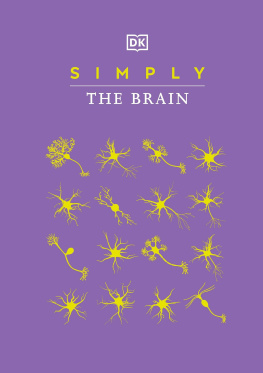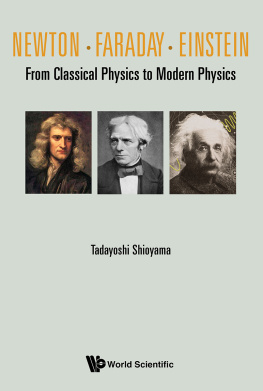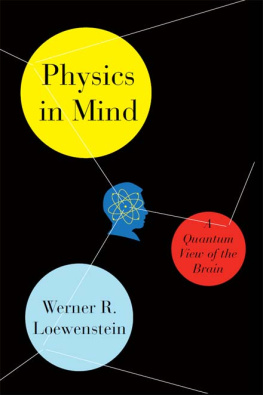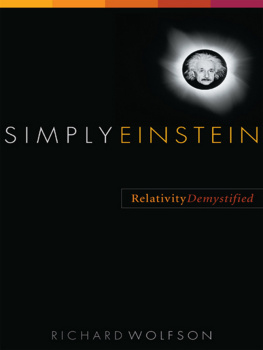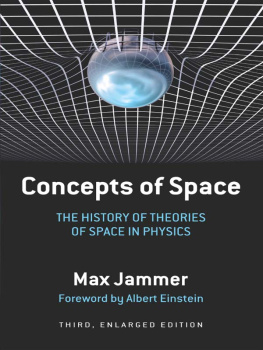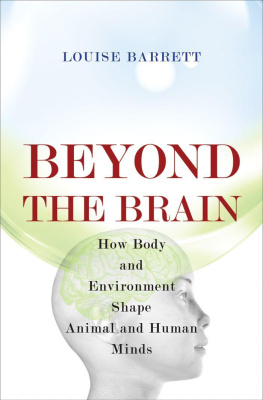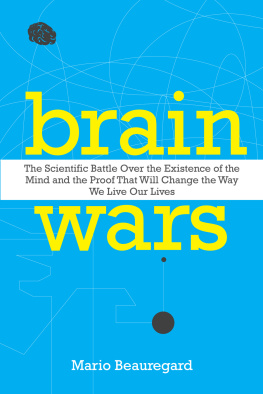What Is Telekinesis?
A How To Telekinesis
Guide For Beginners
Nicolas Holder
2012 Nicolas Holder
All Rights Reserved. No part of this publication may be reproduced in any form or by any means, including scanning, photocopying, or otherwise without prior written permission of the copyright holder.
Disclaimer and Terms of Use: The Author and Publisher has strived to be as accurate and complete as possible in the creation of this book, notwithstanding the fact that he does not warrant or represent at any time that the contents within are accurate due to the rapidly changing nature of the Internet. While all attempts have been made to verify information provided in this publication, the Author and Publisher assumes no responsibility for errors, omissions, or contrary interpretation of the subject matter herein. Any perceived slights of specific persons, peoples, or organizations are unintentional. In practical advice books, like anything else in life, there are no guarantees of income made. This book is not intended for use as a source of legal, business, accounting or financial advice. All readers are advised to seek services of competent professionals in legal, business, accounting, and finance field.
First Printing, 2011
Printed in the United States of America
Space and time are not the conditions in which we live, they are simply modes in which we think Albert Einstein
Summary:
There are still millions of things on this world that we are not aware of. Each year a new mathematic formula is created, physics pushes the boundaries further beyond Einstein and Newton, a new disease takes numerous lives, dozens of new species of both plants and animals are found Nature simply has its mechanisms that we cannot so easily overcome. But probably the most complicated natures mechanism is a human. No wonder then that we, beings that want to know everything about everything else, know actually so little about ourselves.
Sure enough, we know pretty much about our own anatomy. Why? Because it is the material part of us, we can see it, feel it, explore it and experiment with it. But is that really all that we are? Can there be anything more about a human being beyond the material part? What about the mind? Well, actually, we dont know.
The mind cannot be seen, felt or dissected, and is therefore the greatest unknown, whether we admit it or not. Though many experiments have been conducted during the course of the years, we still do not know how exactly even our conscious mind works, not to mention the unconscious. It has never been studied thoroughly enough, and there is not a single scientist in the world that can explain it and its processes with certainty. Just what if our mind had the power to directly influence matter itself?
Only in the recent history have people begun to understand that potentials of the mind may reach far beyond calculations and solving equations. Experiments are now conducted to see how far its powers go, and if it is really possible to move, distort or in any other way influence matter purely by willpower. Parapsychology, once ridiculed and laughed at, may indeed be the key to such phenomena like Extra Sensory Perception (ESP), which includes telepathy, telekinesis, out of body projection, remote viewing etc. The aim of this report is to point out to ESP and especially telekinesis as at least plausible from the scientific viewpoint, as well as to explain the methods for exploring ones mind and developing these abilities.
Table of Contents
Introduction
Ever since the beginning of mankind, humans have always tended to believe in what they can see and touch or feel, and willingly or not, they somehow always neglected what could not be seen directly. Probably the best proof that this was the case is the theories and formulas forged by some of the greatest minds of humankind, who had to undergo a terrible treatment in order for their work to be recognized. The finest example of this kind of treatment is by far Galileo Galilei, the man who claimed that Earth is not the center of the galaxy, but rather revolves around the center, in which stands the Sun. He was nearly killed for that statement!
We now know that not only Earth but 7 more planets revolve around the sun, and we know it for a fact, but for him it took the better part of his life to try to prove it. The times have changed, humankind has evolved, and people now have more sophisticated methods of proving many things once considered impossible, yet, perhaps out of that inborn feeling of fear of the unknown, some people still have that same chills going down their spine upon the very mention of the terms still hardly explored by science, such as parapsychology, telepathy, telekinesis, ESP or out-of-body projections. And just because something is not fully known to humankind, it doesnt mean that it doesnt exist.
On the contrary, consider the atom and its particles, protons, electrons and some other, even smaller pieces of that natures puzzle we still cannot see them with the naked eye, some even under the largest of microscopes, and some have only theoretically been proven to exist and yet the ENTIRE WORLD is formed out of atoms. What cannot be seen does not necessarily have to be impossible or non-existent, maybe we just need some more time to adjust to it and study it more closely. Exactly that is needed with the relatively young science of parapsychology.
When speaking of parapsychology, two terms come springing to ones mind telepathy and telekinesis as main examples of ESP (extrasensory perception), though there are various other forms of paranormal behavior, as some call it, mocking the very thought of a person being able to influence anything other than his own thoughts through the power of his mind. And telekinesis proves just the opposite.
Telekinesis is the power of a human to influence material world around him through the power of his will, or better to say his mind, since we will see that telekinesis is not necessarily a willing process. Through telekinesis, people are able to move things, meaning physical objects, without ever touching them by hand. This phenomenon has been known to exist a long time ago, but only recently has it been put to various tests in order to prove its genuineness.
For many years, centuries even, all who possessed this gift were mocked and ridiculed, and almost always classified as frauds and cheaters. For that reason, many decided not to show their gift in public, and so it remained a mystery until the post WWII period, when both Americans and Russians started doing tests on people with telekinetic powers in order to gain an edge in the Cold War.
What is telekinesis?
History of telekinesis
Telekinesis, otherwise known as psychokinesis, is direct influence of the mind on any physical object, without the presence of any known physical type of energy. In laymens terms, telekinesis is movement or distortion of any object from ones surroundings only by thoughts, without actual physical contact of any kind with it. The first term telekinesis was coined in 1890 by a Russian psychical researcher Aleksander Aksakof (or Aksakov), who came up with the name for the phenomenon, derived from Greek tele meaning distant , and kinesis meaning movement .
The term psychokinesis was coined a bit later, in 1914, by American publisher Henry Holt, and derived from Greek psyche which means life or soul , and kinesis , meaning to move . Original meaning of the term though, was only coined in order to describe mysterious movements of objects that were initially attributed to ghosts of deceased people, or angels, demons or some other supernatural forces. It seems though that telekinesis never actually emerged from under that veil of mystery and supernatural.


